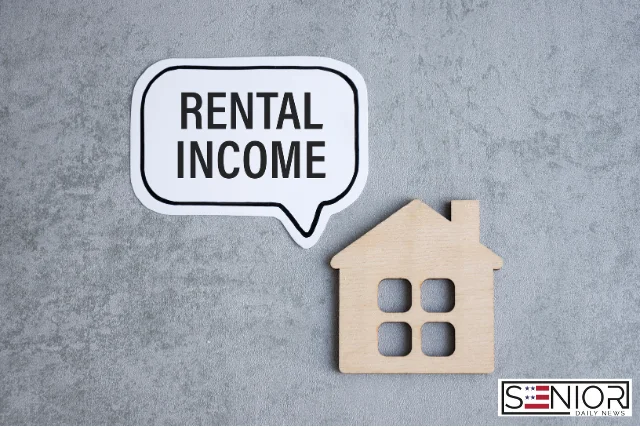Managing Debt and Credit Wisely in Retirement

Retirement is a time to enjoy the fruits of your labor, not to be burdened by the weight of financial stress. However, managing debt and credit remains crucial even after you stop working. Many retirees face unexpected expenses, health care costs, or fixed income limitations that make financial planning more important than ever. In this article, we’ll explore strategies to manage debt wisely, use credit responsibly, and maintain financial stability throughout retirement.
1. Understanding the Impact of Debt in Retirement
The Risks:
- Fixed Income Constraints: Without regular employment income, paying off debt becomes more challenging.
- Rising Interest Rates: Credit card and loan interest can consume a significant portion of a retiree’s income.
- Health and Emergency Expenses: Medical emergencies can quickly derail a budget, especially if existing debt is already present.
Key Consideration:
The goal in retirement should be to minimize liabilities and preserve savings to ensure peace of mind and financial freedom.
2. Assessing Your Financial Picture
Start by evaluating your current debt and income sources.
- List All Debts: Include mortgages, credit cards, car loans, medical bills, and personal loans.
- Review Income Sources: Include Social Security, pensions, retirement accounts (like IRAs or 401(k)s), and investment income.
- Track Expenses: Determine essential vs. discretionary spending to identify where adjustments can be made.
Tip: Use a budgeting tool or spreadsheet to visualize cash flow and spot areas to improve.
3. Prioritize Debt Repayment
Focus on High-Interest Debt:
Paying down high-interest credit card debt first is a priority. It accrues quickly and provides no long-term value.
Consider the Snowball or Avalanche Method:
- Snowball: Pay off the smallest debts first to build momentum.
- Avalanche: Pay off debts with the highest interest rates first to save more money over time.
Mortgage Considerations:
- Evaluate whether to pay off a mortgage early. If the interest rate is low, it might make more sense to invest funds instead.
- If mortgage payments are a strain, refinancing or downsizing to a smaller home may be viable.
4. Use Credit Strategically
Retirees should not eliminate credit use entirely but should use it thoughtfully.
- Maintain a Good Credit Score: This helps with emergencies, insurance premiums, and housing options.
- Limit New Credit Applications: Too many new accounts can reduce your score and increase risk.
- Use Credit Cards for Rewards or Emergencies: Choose cards with cash-back or low-interest benefits, but pay them off monthly to avoid interest.
5. Avoid Common Debt Traps
Watch Out For:
- Taking on New Loans Without a Repayment Plan
- Cosigning Loans for Others
- Relying on Credit for Everyday Expenses
- Ignoring Medical Bills Until They Go to Collections
Prevention Tips:
- Build an emergency fund even in retirement.
- Negotiate payment plans for medical bills.
- Consider long-term care insurance to avoid overwhelming health-related debt.
6. Seek Professional Guidance
If debt feels unmanageable, or if you’re unsure how to structure payments, a financial advisor or credit counselor can help:
- Certified Financial Planners (CFPs) can offer retirement-specific strategies.
- Nonprofit Credit Counselors can help set up debt management plans (DMPs).
Ensure the advisor is fiduciary-bound to act in your best interest.
7. Protecting Your Financial Future
Estate Planning:
Keep your will, powers of attorney, and beneficiary designations up to date to avoid legal complications and ensure a smooth transfer of assets.
Identity Theft Protection:
Retirees are prime targets for scams. Use credit monitoring tools and regularly review bank and credit card statements.
Photo by Towfiqu barbhuiya on Unsplash






